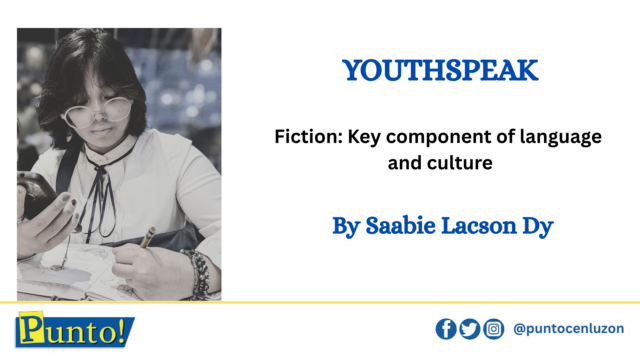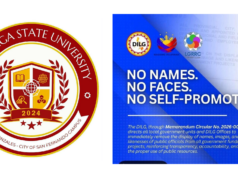Fictional stories and myths were more than just a pastime and a hobby. In many civilizations, these stories that were passed down were made to make sense of a world that people had yet to comprehend. With a lack of scientific knowledge and development, phenomena such as eclipses, thunderstorms, and even the concept of an afterlife were explained through myths. The unknown and misunderstood by the human mind, are explained and comprehended through the human spirit and creativity, and even the most fantastical stories can offer an anchor into reality through its morals and lessons.
One of the most famous branches of mythology is Greek Mythology. The Greeks had gods to explain unnamed concepts pertaining to nature, life, and the mysterious cosmos. These gods became the building blocks for stories and epics, such as the Iliad and Odyssey by Homer, and the Argonautica by Apollonius. Traditional Grecian storytelling was done through word of mouth, sung and performed to an audience. They were not documented and written down unlike fiction of today.
Ingrid Holmberg on The Creation of the Ancient Greek Epic Cycle states that “Oral composition is characterized by its fluidity, its lack of boundaries and closure, and its inherent capacity for shortening and lengthening in every compositional production”. When there is a lack of a physical copy of a story, chances are that the storytellers will change some aspects of it. Possibly to fit their view or personal take of the story, to censor or edit parts out, or even because of a misremembered line, but exercises the creative liberty and fluidity of storytelling despite.
A common version of the Iliad from many iterations portrays Patroclus and Achilles as friends or cousins, and shows a more filial relationship. Emily Wilson however translates a line from one of the oldest handwritten copies of the Iliad showing Patroclus and Achilles’ relationship in a different light. She writes in her translation published in 2023: “My friend Patroclus, whom I loved, is dead. I loved him more than any other comrade. I loved him like my head, my life, myself.” (Wilson, 2023.) This shows the deep love and care the two shared, this message seemingly lost in translation in other versions. These different translations stem from the same storyline, and the same place, and yet hold different messages for its audience. The earlier translations may come from a time where a relationship such as Achilles and Patroclus’ was frowned upon, and only explored again later on in time by translators such as Wilson, showing how stories are impacted by and impact the world.
While the risk of misinterpretation comes from the translations and inheritance of many stories over time, examining these differences gives readers of today an idea of the ideologies and ways of thinking at the time different works were written, published, or translations. Aspects of the stories we know may get rewritten or cut out, but the core messages of these stories stick for a lifetime. The Iliad remains a precautionary tale of the dangers of war, rage, revenge, and glory no matter the translation. And stories such as these help its audience digest emotions and events in the real world, no matter how fantastical a tale may be. Fiction and storytelling will forever remain a key component of language and culture, as it helps people connect and explore their culture, feelings, identity, and understanding of the world around them. Holmberg, I. (1998). The creation of the ancient Greek epic cycle. Oral Tradition, 13(2), 457–461. https://journal.oraltradition.org/wp-content/uploads/files/articles/13ii/10_holmberg.pdf Wilson, E. (2023). The Iliad (Emily Wilson, Trans.). W. W. Norton & Company.
The author is a Grade 11 student of Xavier School-Nuvali. The article is her class homework.





